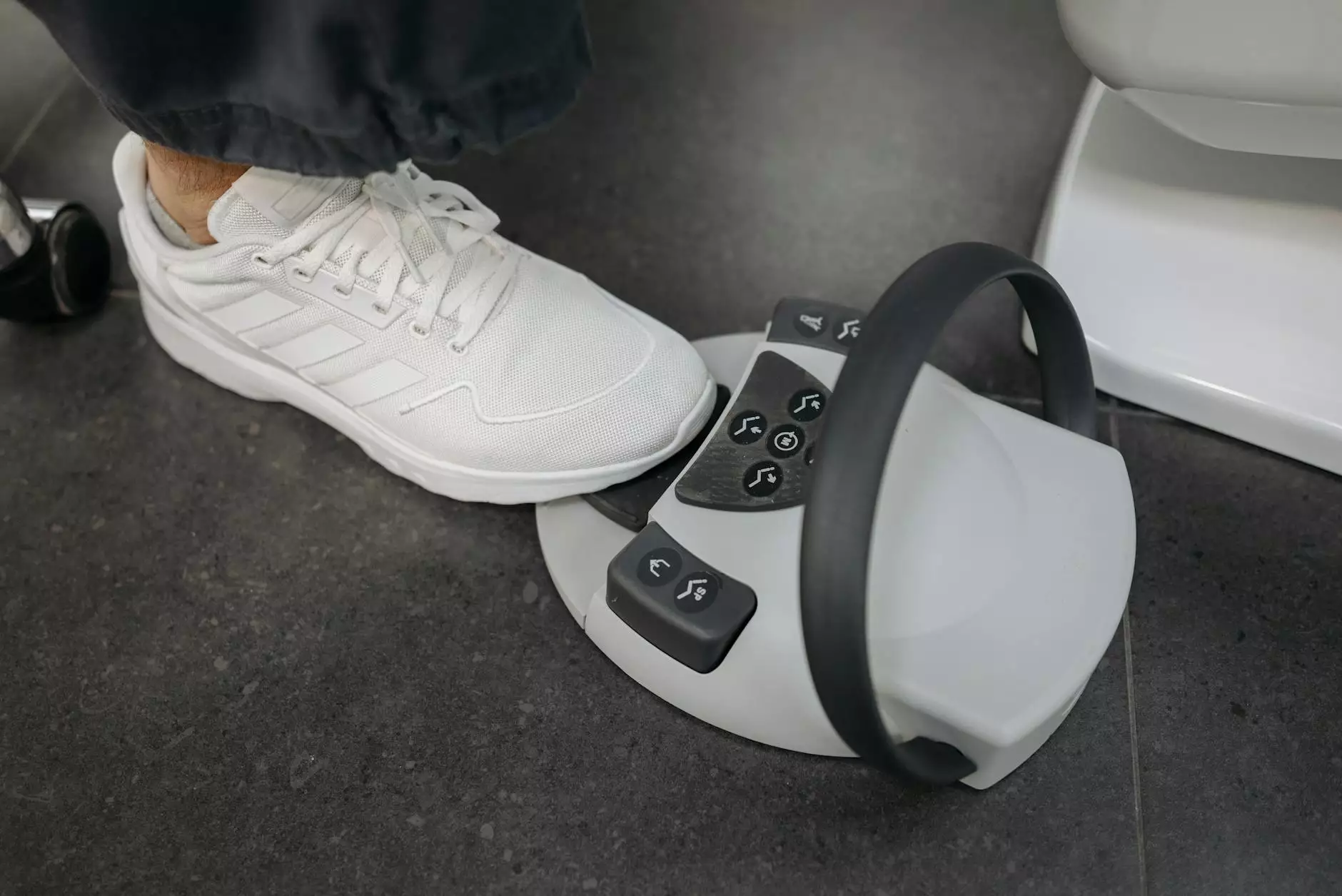The Causes of Restless Leg Syndrome (RLS)

Restless Leg Syndrome (RLS), also known as Willis-Ekbom Disease, is a neurological condition that affects the legs and creates an irresistible urge to move them. This condition can have a significant impact on a person's quality of life, making it essential to understand its causes and seek appropriate medical assistance. At the Vein Center of Arizona, our team of expert doctors specializing in vascular medicine can help individuals with RLS find relief and improve their overall well-being.
Understanding Restless Leg Syndrome
RLS is a disorder that primarily affects the nervous system. While the exact cause of RLS is still unknown, medical professionals believe that it may be related to an imbalance of dopamine, a neurotransmitter in the brain that plays a crucial role in controlling movements. Genetics is also known to influence the occurrence of this condition, as individuals with a family history of RLS are more likely to develop it themselves.
Potential Causes of RLS
Research suggests that RLS may be caused by a variety of factors. While the specific cause may vary from person to person, the following elements have been identified as possible contributors:
- Iron Deficiency: Low levels of iron in the brain can lead to RLS symptoms. Iron is involved in the production of dopamine, and its deficiency may disrupt the normal functioning of the dopamine systems, triggering RLS.
- Pregnancy: Many women may experience RLS symptoms during pregnancy, particularly during the third trimester. Hormonal changes and increased blood volume could potentially contribute to this occurrence.
- Chronic Diseases: Certain chronic diseases such as kidney failure, diabetes, and peripheral neuropathy have been associated with a higher risk of developing RLS. It is crucial for individuals with these conditions to seek appropriate medical attention.
- Medications and Substances: Some medications, including antidepressants and antipsychotics, as well as substances such as caffeine and nicotine, have been linked to RLS. Consultation with a healthcare professional can help identify potential triggers and find suitable alternatives.
- Lifestyle Factors: Sedentary lifestyle, lack of exercise, and excessive alcohol consumption have been implicated as potential contributing factors to RLS. Maintaining a healthy lifestyle with regular physical activity can positively impact RLS symptoms.
Managing Restless Leg Syndrome with Vascular Medicine
As a leading provider of vascular medicine, the Vein Center of Arizona offers comprehensive approaches to managing RLS symptoms. Our experienced doctors specialize in diagnosing and treating vascular conditions, including RLS. The following treatment options may be recommended:
- Lifestyle Modifications: Our doctors can provide guidance on making necessary lifestyle changes to improve RLS symptoms. Incorporating regular exercise, maintaining a balanced diet, and avoiding triggers can be beneficial.
- Medication: In some cases, medications that regulate dopamine levels or improve sleep patterns may be prescribed to alleviate RLS symptoms. Our doctors can evaluate individual needs and prescribe appropriate medications.
- Venous Insufficiency Evaluation: The Vein Center of Arizona specializes in evaluating venous insufficiency, a common condition associated with RLS symptoms. Addressing any underlying venous issues can significantly reduce RLS discomfort.
- Comprehensive Patient Care: We believe in personalized care that focuses on each patient's needs. Our doctors work closely with patients to create tailored treatment plans, ensuring the best possible outcomes for managing RLS and related conditions.
Conclusion
Restless Leg Syndrome (RLS) can significantly impact an individual's quality of life. While its exact cause remains unclear, understanding the possible contributors to RLS, such as iron deficiency, pregnancy, chronic diseases, medications, and lifestyle factors, is essential. At the Vein Center of Arizona, our expert doctors specialize in vascular medicine and can provide comprehensive evaluation and treatment options for managing RLS symptoms. Contact us today to schedule an appointment and find relief from RLS.
rls syndrome causes









